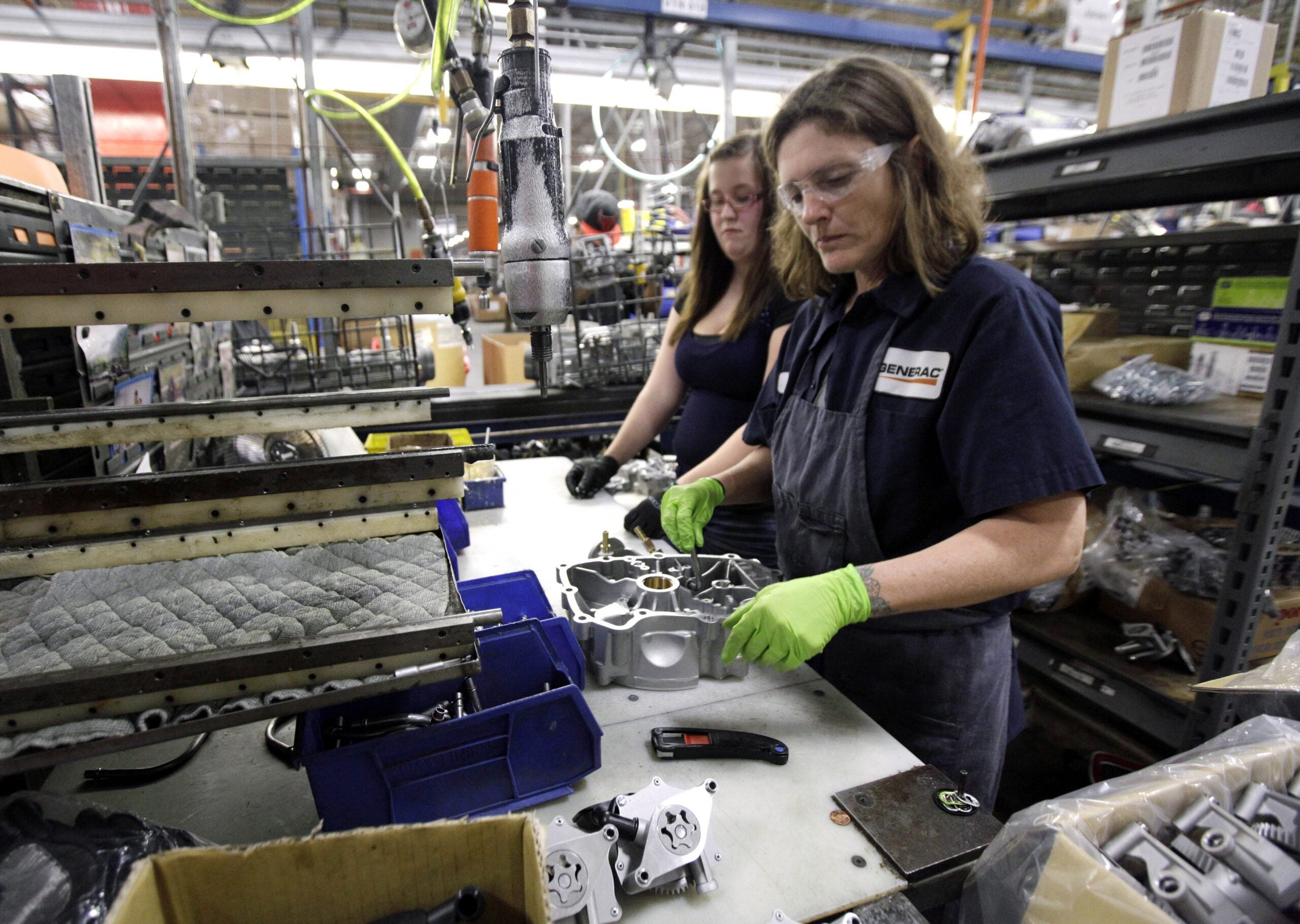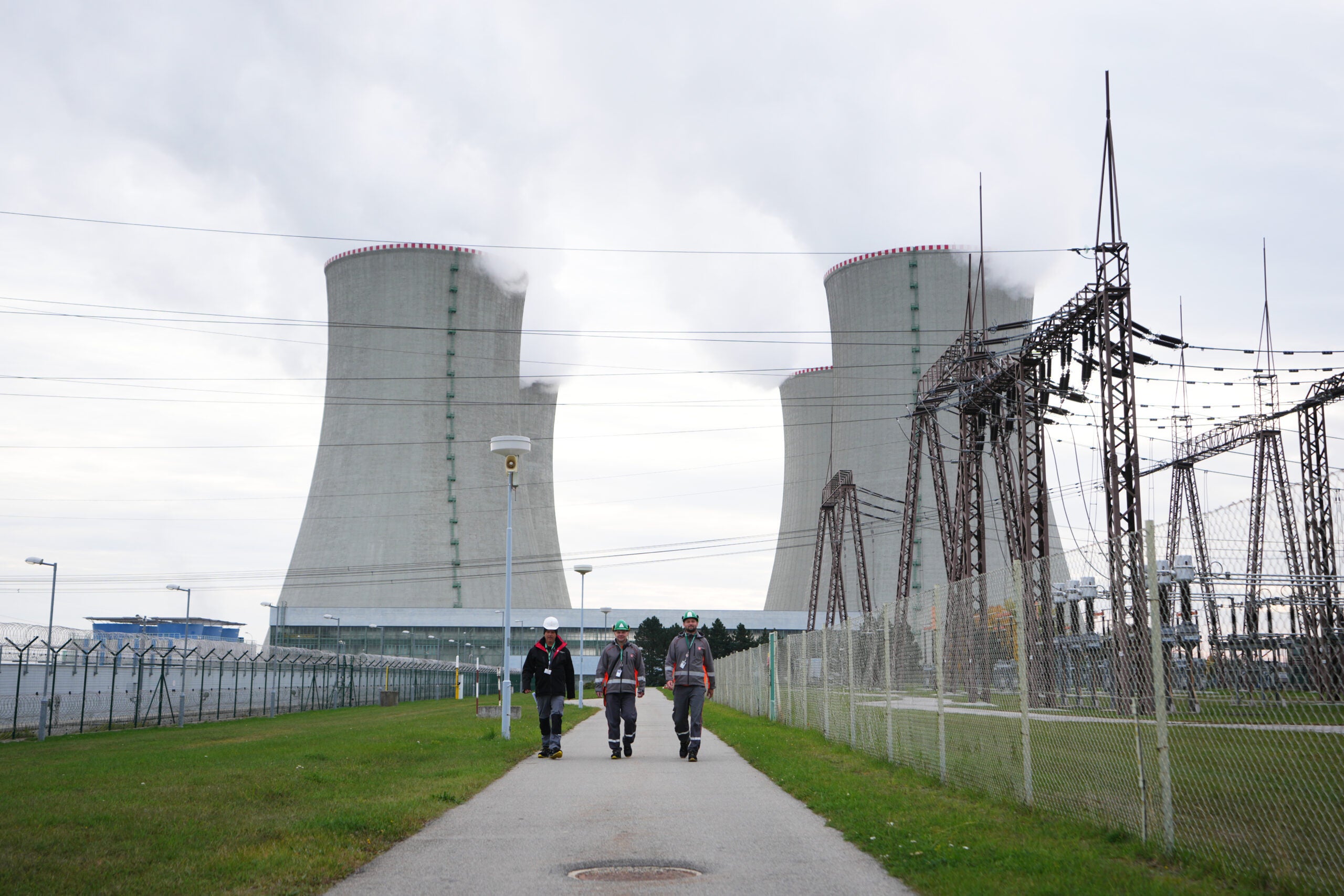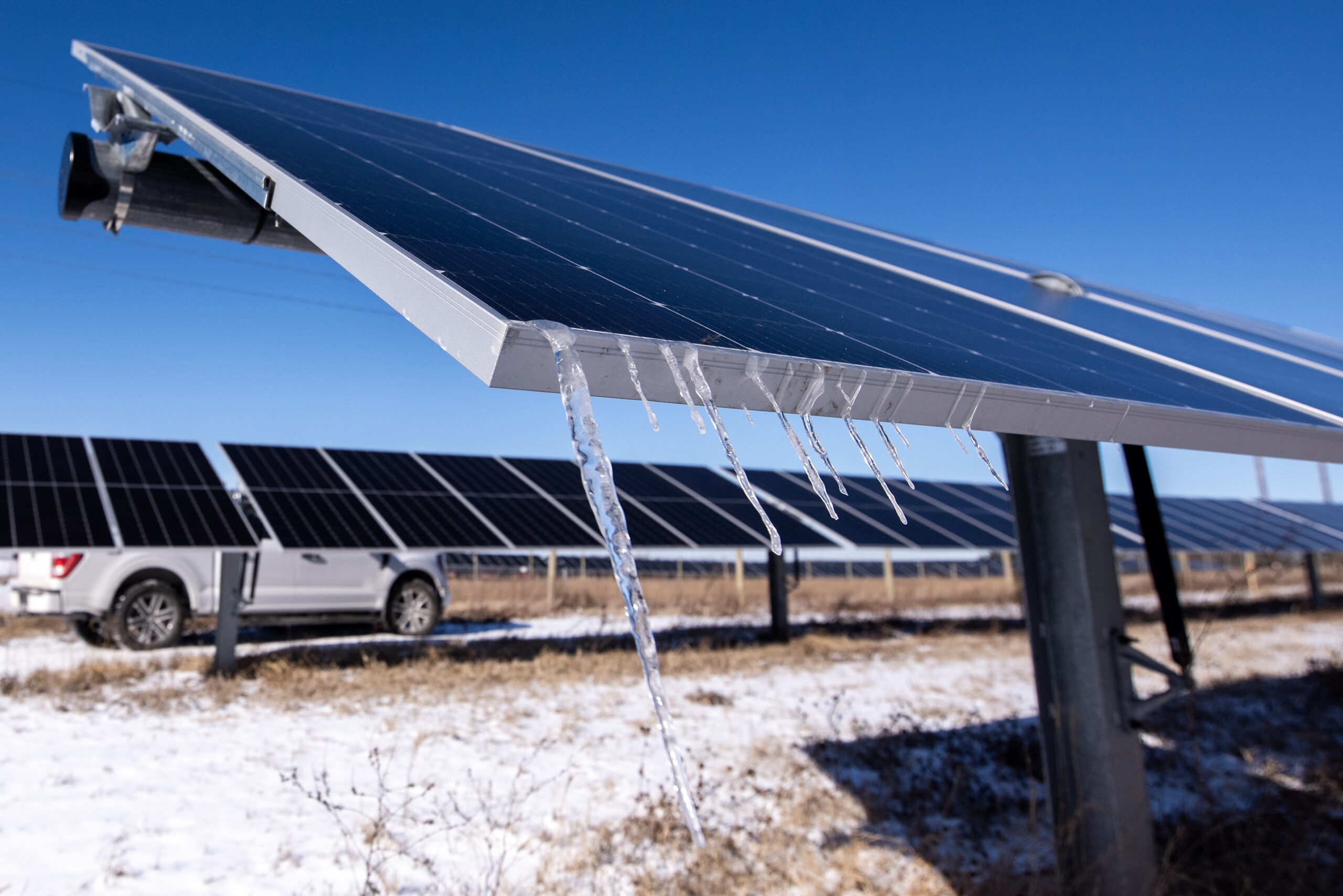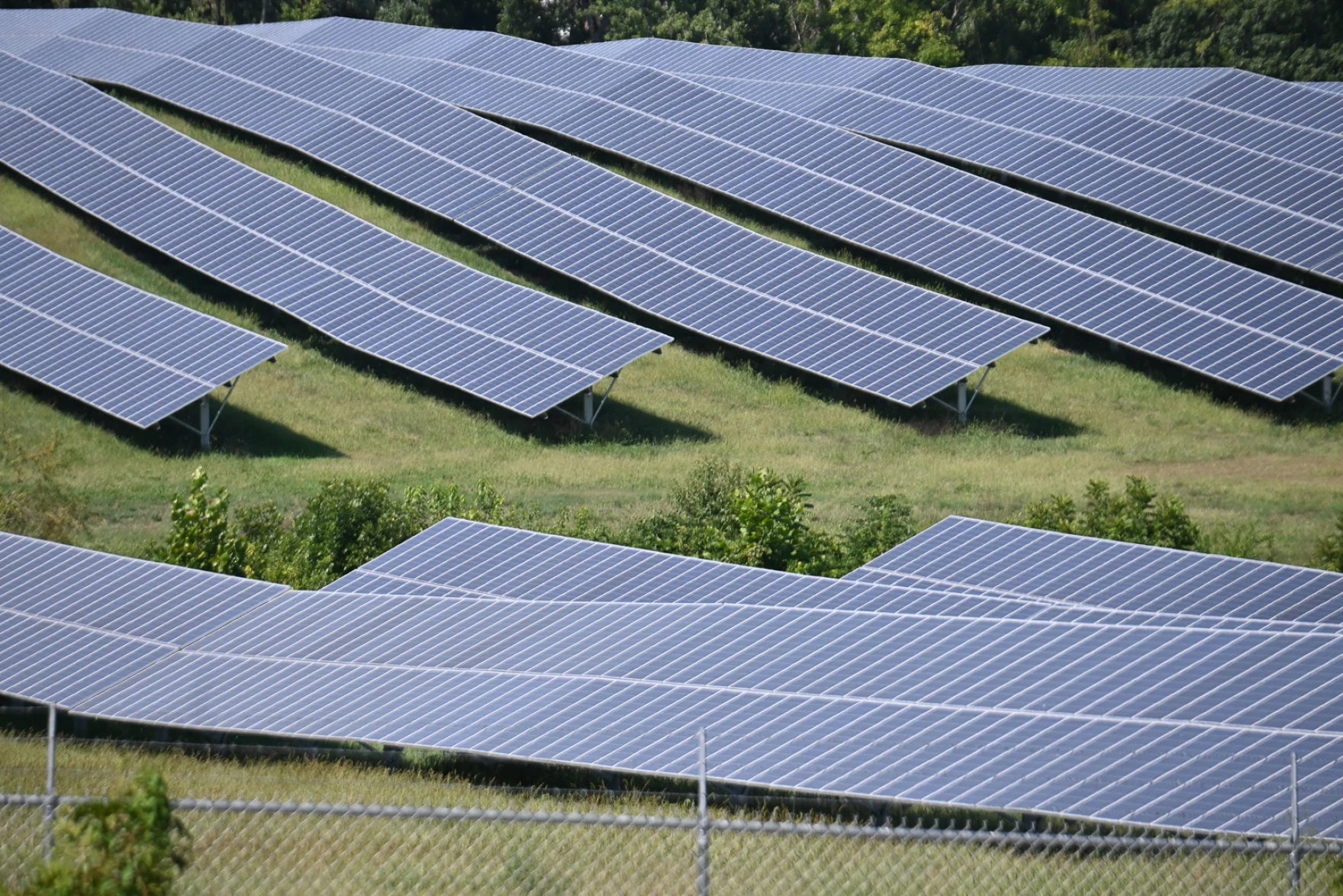Generac will receive a portion of a $440 million federal program to help improve resilience in Puerto Rico’s power grid through renewable energy installations.
The Waukesha-based designer and manufacturer of energy technology is one of three companies selected by the U.S. Department of Energy to participate in the Puerto Rico Energy Resilience Fund. The agency said the program will provide 40,000 low-income households in Puerto Rico with residential solar and battery storage.
According to the Department of Energy, the program is part of a larger $1 billion investment that aims to save lives and advance Puerto Rico’s clean energy transition. The commonwealth has set a goal of reaching 100 percent renewable energy by 2050. The solar and battery installations are expected to start next spring.
News with a little more humanity
WPR’s “Wisconsin Today” newsletter keeps you connected to the state you love without feeling overwhelmed. No paywall. No agenda. No corporate filter.
“With this announcement, we take a critical step forward in our efforts to ensure that all Puerto Rico residents have reliable electricity, especially the most vulnerable families and communities for whom a lack of power can be life or death,” said Department of Energy Secretary Jennifer Granholm in a statement.
Puerto Rico has been battered by hurricanes in recent years, notably Hurricane Maria knocked out power across the island in 2017.
In a statement, Aaron Jagdfeld, president and chief executive officer of Generac, said the company is “honored” to be part of the Department of Energy’s efforts to support Puerto Rico’s “most vulnerable communities” by providing access to clean energy.
“As the island continues to grapple with extreme weather events and aging energy infrastructure, Generac’s solar (and) battery storage solutions will help keep the power on, while also helping to support job growth within the clean energy sector,” Jagdfeld said.
Anne Hoskins, senior vice president of Policy and Market Development for Generac, said recent severe weather events have shown that the traditional way of providing power, through centralized electricity generation, isn’t working.
She said the company has long provided Puerto Rico with generators, and more recently began helping to provide battery storage.
Hoskins said Generac viewed the Department of Energy’s program as a way to expand on that work, while also deploying new technologies in different markets.
“What we’re bringing is a major essential for the residents who are going to benefit from this,” she said. “But it’s also a great opportunity for Generac to be able to demonstrate these new technologies that we are now providing.”
Hoskins said Generac is negotiating with the federal government to determine the size of the company’s share of the $440 million. By January, she said, the company expects to be able to share the award amount.
She said Generac’s proposal outlines how the company will provide job training and outreach to residents in remote areas.
“We did put forward a very robust proposal that is really interesting and important in a number of ways,” she said. “It relies on partnerships with some nonprofits in Puerto Rico, to make sure that we are going to be able to serve the most vulnerable residents in hard-to-serve communities.”
The goal is to ensure that if a hurricane knocks out the overall electrical distribution system, the solar panels and batteries will be able to continue to power essential services for households, Hoskins said.
In addition to the federal program in Puerto Rico, Generac also has been selected for negotiations by the U.S. Department of Energy to receive a $50 Million grant to enhance grid reliability for low-income residents in Massachusetts.
Hoskins said those negotiations are still ongoing. But she also said Generac plans to install behind-the-meter wifi thermostats and batteries that work with electric heat pumps in homes in Massachusetts.
“We’re going to help those residents optimize when to be buying electricity, when to be using electricity, and, importantly, we’re also going to be helping the grid in Massachusetts,” she said.
Wisconsin Public Radio, © Copyright 2026, Board of Regents of the University of Wisconsin System and Wisconsin Educational Communications Board.







